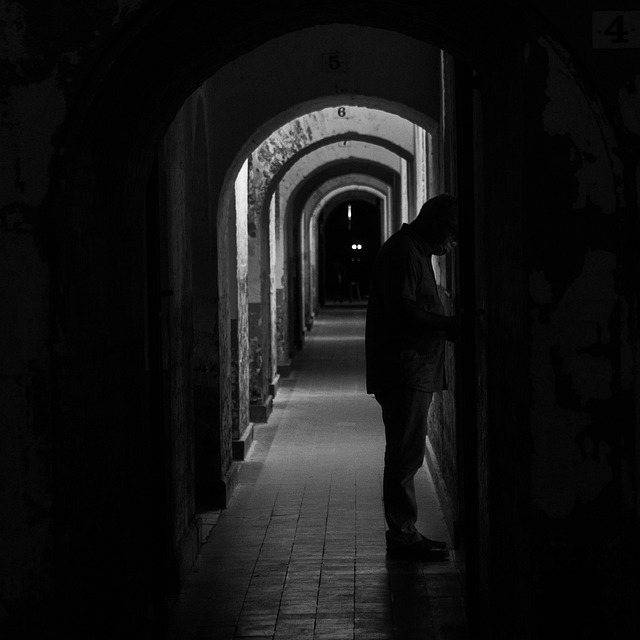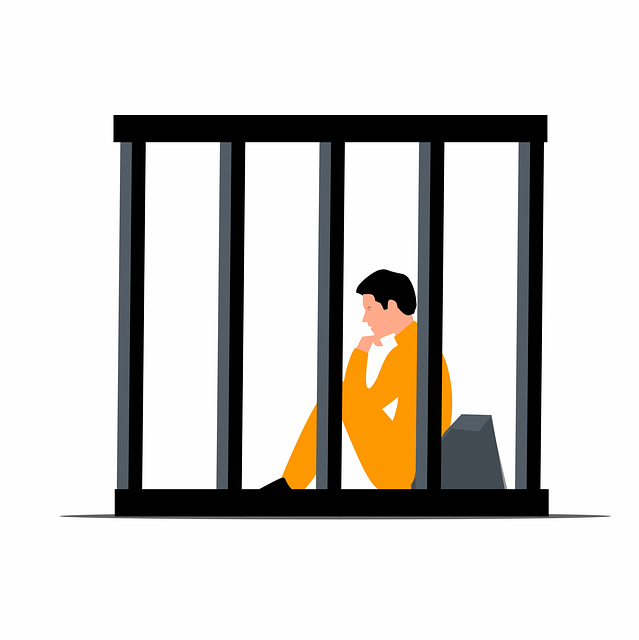First-time impaired driving offenders often struggle with underlying mental health issues that can impair judgment. Instead of a strict punishment, focusing on mental health services tailored for young drivers, including counseling, peer support groups, and coping mechanisms, can reduce recidivism and create a more balanced justice system. By addressing both criminal behavior and mental health needs, these programs offer second chances, promote personal growth, and enhance public safety through long-term behavior change.
In many jurisdictions, first-time offenders facing impaired driving charges often grapple with a complex web of legal consequences and personal stigma. This article delves into the multifaceted issue, exploring key aspects such as understanding first-time offenders and their unique circumstances, the intricate relationship between impaired driving and mental health, and contrasting legal perspectives on rehabilitation versus punishment. We also highlight support systems that foster second chances and share inspiring success stories of individuals who found hope and purpose after their initial encounter with the law.
- Understanding First-Time Offenders and Impaired Driving
- The Impact on Mental Health: A Complex Relationship
- Legal Perspectives: Rehabilitation vs. Punishment
- Support Systems for a Second Chance
- Success Stories: Rediscovering Hope and Purpose
Understanding First-Time Offenders and Impaired Driving

First-time offenders, especially those facing charges related to impaired driving, often require a nuanced understanding. It’s crucial to recognize that behind each case lies a unique story, and many first-time offenders may be struggling with underlying mental health issues. Impaired driving is not always a deliberate act but can result from conditions such as stress, anxiety, or depression, which significantly impact judgment and decision-making abilities.
Addressing these cases requires sensitivity and a holistic approach. Instead of solely focusing on punishment, there should be an emphasis on support and rehabilitation. This includes access to mental health services that cater to the specific needs of young drivers, helping them develop coping mechanisms and responsible driving habits. Such interventions can foster growth and reduce the likelihood of reoffending while ensuring a more balanced and effective justice system.
The Impact on Mental Health: A Complex Relationship

The relationship between impaired driving and mental health is complex and multifaceted. For first-time offenders, the impact on their mental well-being can be profound. Often, underlying mental health issues such as stress, anxiety, or depression may contribute to impulsive decision-making that leads to a DUI offense. However, a second chance can serve as a critical turning point in addressing these challenges.
A positive outcome after receiving a second chance can boost an individual’s self-esteem and provide an opportunity for personal growth and reflection. Access to counseling services and support groups specifically tailored for first-time impaired driving offenders can significantly aid in managing and overcoming any existing mental health struggles, thereby reducing the likelihood of repeat offenses.
Legal Perspectives: Rehabilitation vs. Punishment

In discussions around first-time offenders and second chances, especially within the context of impaired driving, a fundamental debate arises between rehabilitation and punishment from a legal perspective. The traditional approach to such cases has often been predicated on strict punishment, focusing on deterrence and retribution. However, contemporary legal perspectives increasingly emphasize rehabilitation, recognizing that mental health and substance abuse issues play significant roles in many instances of impaired driving.
This shift acknowledges the complex nature of these offenses, where individuals might be struggling with underlying conditions that require support rather than solely punitive measures. By prioritizing rehabilitation, legal systems aim to address the root causes, potentially reducing future incidents through counseling, education, and access to treatment for mental health and substance abuse issues. This approach not only offers a second chance to first-time offenders but also contributes to broader public safety by fostering long-term behavior change.
Support Systems for a Second Chance

For first-time offenders with impaired driving charges, having a robust support system is pivotal for their successful reintegration into society. This network can significantly impact their journey towards rehabilitation and reducing recidivism rates. Mental health services play a crucial role here; offering counseling and therapy sessions tailored to address the underlying issues that might have contributed to the offense. These services not only help individuals process their guilt, shame, or anxiety but also equip them with coping strategies to prevent future incidents of impaired driving.
Support systems can further involve family, friends, or community-based groups who provide emotional backing and accountability. Peer support groups, in particular, offer a safe space for offenders to share experiences, gain insights, and build new positive relationships. This interconnected web of support serves as a shield against potential triggers, fostering personal growth and encouraging the adoption of safer, more responsible behaviors behind the wheel.
Success Stories: Rediscovering Hope and Purpose

Many first-time offenders, especially those facing charges related to mental health and impaired driving, feel a profound sense of despair and hopelessness. However, programs offering second chances have proven instrumental in transforming lives and redefining futures. These initiatives provide an opportunity for individuals to take accountability, seek counseling, and develop coping strategies to address underlying mental health issues. Through structured support and guidance, they learn to make better choices, regain their sense of purpose, and reintegrate into society with renewed confidence.
Success stories from these programs highlight the transformative power of second chances. Participants often share how they overcame challenges, regained control of their lives, and found new paths forward. By focusing on rehabilitation rather than solely on punishment, these initiatives foster a culture of compassion and understanding, ultimately contributing to safer communities and empowered individuals.
Impaired driving is a complex issue, particularly for first-time offenders. Navigating the legal system and its consequences can significantly impact mental health, often exacerbating existing challenges. However, recognizing the potential for growth and rehabilitation is vital. By providing support systems and second chances, we foster a positive transformation for these individuals, helping them overcome their mistakes and find hope in their future. This approach not only benefits the offenders but also contributes to safer roads by addressing the root causes of impaired driving.






